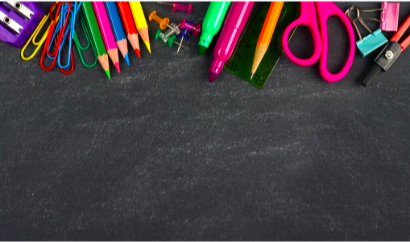Diploma in Secondary Education
WHAT TO EXPECT FROM THE DISTANCE LEARNING EXPERIENCE...
Studying for a degree by Distance Learning is a managerial experience in itself. It is not intended to be a puzzle, but instead requires that students develop certain skills such as time management, collect and organize their own notes, produce a regular output of written work and assimilate their lecturers' feedback on their assignments in a positive and productive manner.
The advantages of Distance Learning include the fact that it breaks down the traditional barriers of location, inflexible schedules and impractical deadlines. Distance Learning gives students access to learning materials in their home or place of work.
Education Courses (REQUired)
All students are required to complete Education Foundations Courses:
History and Philosophy of Education
Sociology of Education
Psychology of Education
Theory and Practice of Education
Educational Research
ICT Education
Education Administration
Entrepreneurship Education
Special Education Needs
Guidance Counseling
Curriculum Studies
Distance Learning
The Distance Learning Diploma program in Secondary Education lasts a minimum of three (3) years.
The Distance Learning materials which include learning modules and online resources, cover a range of topics and provide sufficient information to enable a student pass his or her courses. Students are encouraged during independent study to do further background research, reading and to draw on their own professional experience when working through the course.
Teaching Courses
Secondary Teaching Diploma students are required to complete Teaching Courses specific to their concentration.
MAJOR
Mathematics Algebra I/Algebra II Probability & Statistics Analytical Geometry & Calculus
Science Education (*no minor) Biology, Chemistry, Physics
English Language and Literature
Information Communication Tech. (ICT)
Agricultural Science (*no minor)
MINOR
Information Communication Tech. (ICT)
Civic Education
Geography
History
Business Studies - Principals of Accounts, Commerce
Residential School (On-site learning)
A three-week Residential School (on-site learning) is designed to avail ‘Distance Learning’ students the opportunity to meet their lecturers and discuss the courses, as well as to meet other students, share experiences and join community learning groups. A typical day of the residential school would consist of short lectures, question and answer sessions, and case study exercises in teams and group presentations. The Residential School assists the students to revise and prepare for sessional examinations.
Teaching observation & Practice
All students are required to complete both teaching observation and to practice teaching at approved schools:
Year 2: Teaching Observation
Year 3: Teaching Practice
Community Learning Groups
During the first Residential School students will be placed in Community Learning Groups. These groups will allow for students to collaborate and study with other students in the program between residential schooling sessions. Students will be encouraged to meet regularly in order to facilitate proper time management, collect and organize course notes, and produce a regular output of written work.


